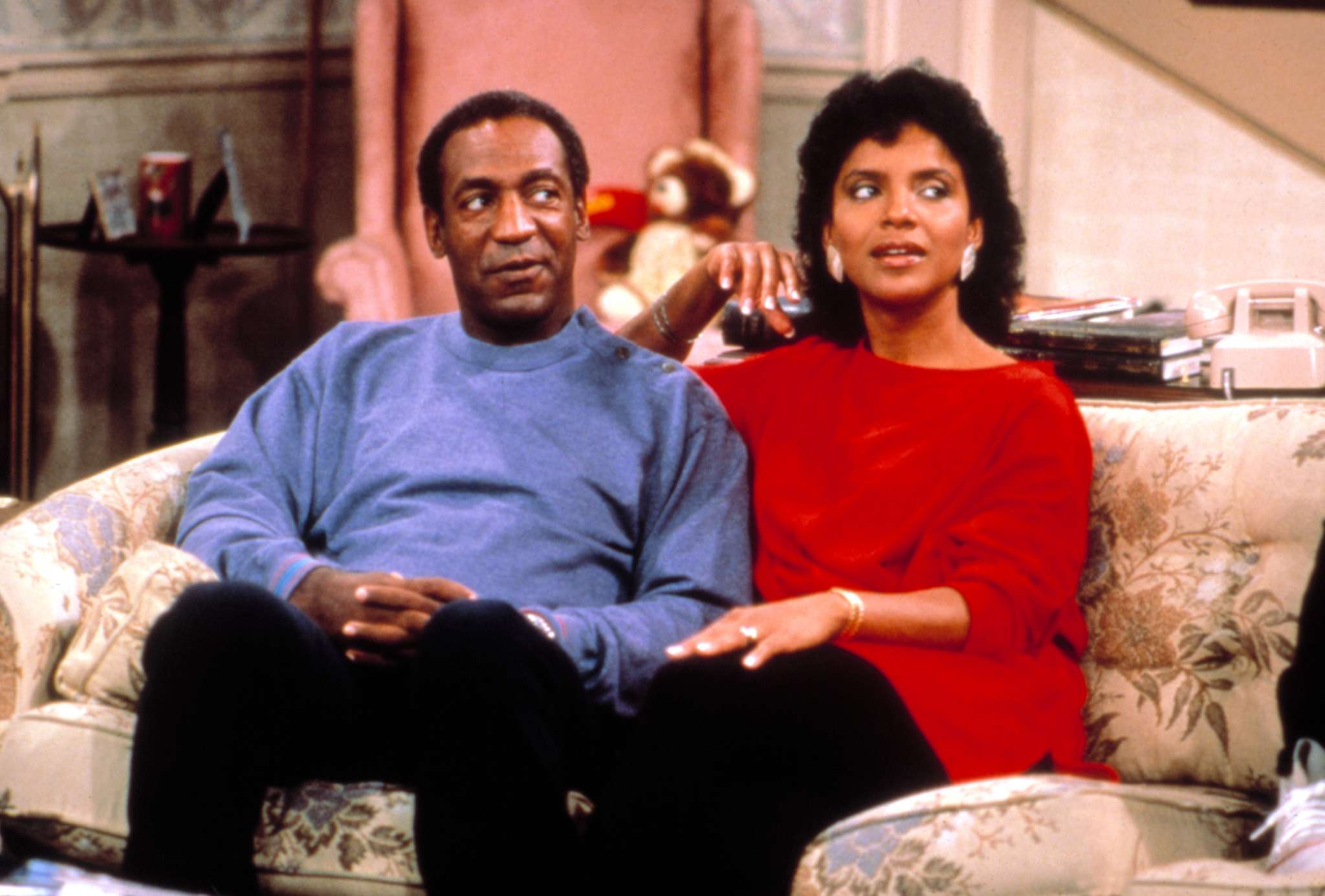Do We Owe Tom Green’s ‘Freddy Got Fingered’ an Apology?

At the start of the twentieth century, Tom Green was known as one of the most popular comedy pranksters working, though, quietly, he was also a button-pushing radical.
Whether showcased on his long running “The Tom Green Show” on MTV or his juvenile but funny cameos in “Road Trip” or “Charlie’s Angels” (both 2000), the Canadian troublemaker was making his mark, though longevity was a question.
Was Green an innovator with staying power or a Pauley Shore-like comedy star of the moment?
All of Green’s acquired goodwill and prolific body of work culminated in his first (and to date, only) starring role vehicle, which he also wrote and directed.

Green’s “Freddy Got Fingered,” which opened to appalled audiences and horrific critic response in 2001, has a longstanding reputation as one of (if not the all-time) worst movies ever made.
Is this article intended as a defense of this universally despised movie? Not exactly, though I’ll cut to the chase and recall my disgust towards it in 2001 but will admit that, looking at it the first time a few days ago to write this article, I frequently laughed so hard, I cried shamelessly.
RELATED: ‘Run’ Is the Movie McDreamy Fans Forgot
Green stars as Gord Brody, a numbskull whose dreams of being a cartoonist are shot down by an unimpressed executive (a game Anthony Michael Hall). Additionally, the disdain Gord receives from his father (a dangerously fearless Rip Torn) and Gord’s overall lack of talent cause Gord to settle on working in a cheese factory. Gord dates a girl with extreme sexual fetishes as a distraction, though he expresses his creativity whenever possible.
For example, for no real reason, the muse strikes and Gord ties dozens of sausages on strings, playing them like marionets, as he accompanies his bouncing wurst to a ditty titled, “Daddy, Would You Like Some Sausage?”
“Freddy Got Fingered” is aggressively anti-cinema, mocking Hollywood conventions and feel-good tropes in every scene. Coming across exactly like the early John Waters movie with an overly generous 20th-Century Fox-budget anomaly that it is, Green’s feature length joke on his audience is caustic but admittedly playful.
Either you laugh at his surreal (and often disgusting) jokes made at our expense, or you sit there and shake your fists at Green’s unrelenting assault on good taste.
It’s as though Green, in his first solo Hollywood outing (his then-wife Drew Barrymore is in this but has barely a cameo) wanted to aggressively outdo every low brow milestone in contemporary mainstream comedy. The “hair gel” of “There’s Something About Mary” (1998), the startlingly raunchy bedroom scenes of “South Park: Bigger, Longer and Uncut” (1999), the defilement of the title pastry of “American Pie” (1999) and the geyser of bodily fluids of “Scary Movie” (2000) were all about to meet their match.

Green certainly takes all his pungent gross-out set pieces as far as they can go, but some of them come up short for being so alarmingly mean spirited. Green certainly pushes the envelope, but he also assaults his audience with the kind of gore mainstream audiences wouldn’t regularly encounter until the “torture porn” period that began with “Hostel” (2005).
Nevertheless, after a decade of the bathroom shenanigans of “Tim and Eric,” the tireless envelope pushing of “South Park” and other shock comedy hallmarks, it’s easier to see past the initial jolt of Green’s going-too-far set pieces and notice that there’s something going on beneath the surface.
An animated sequence, depicting Gord’s “Zebras in America,” was a WTF aside in 2001 but would fit right in today with anything currently programmed on the Cartoon Network’s Adult Swim programming.
Nearly every single gag here is making fun of movie conventions, specifically the way cinema can openly manipulate your emotions with music, emotional acting, camera movement and careful editing.
Take the uproarious opening scene, in which Green is given a new car by his parents and drives away triumphantly — what would be played straight and saccharine in most comedy/dramas is lampooned here for being the cornball nonsense that it is.
Likewise, the scene where Green finally gets his timing with Anthony Michael Hall’s executive just right- Green is going after the familiarity and comfort we feel watching films by the likes of Frank Capra or Cameron Crowe. It’s too early and a real stretch to call Green a genius but “Freddy Got Fingered” is the kind of prank against convention that no less than Jean-Luc Godard, Peter Greenaway or Ken Russell would have made at their most defiant.
DID YOU KNOW? Roger Ebert’s scathing review of the film featured this riff: “This movie doesn’t scrape the bottom of the barrel. This movie isn’t the bottom of the barrel. This movie isn’t below the bottom of the barrel. This movie doesn’t deserve to be mentioned in the same sentence with barrels.”
Taking this seriously for even a moment is a grave mistake. Consider the oft-discussed “baby birthing” scene, where Green acts as a hospital midwife, delivering a stillborn baby that he brings back to life by swinging it around by the umbilical cord, spraying blood all over the room, but, wouldn’t you know it, bringing the little bundle of joy back to life.
Many movie critics cried foul, and it is disgusting, but look — we know it’s not a real baby and Green knows we know, which is why he takes full advantage of a lifeless prop that other movies would earnestly humanize.
Playing Betty, Gord’s girlfriend, Marisa Coughlin is kind of amazing in this, managing to match the unguarded nuttiness that Green strives for. Much of this is self-consciously repellent and provocative, like a scene set in the “School for Sexually Molested Children” (don’t shoot the messenger, please, I’m just reporting what’s in the movie).
The set-up is already in bad taste but Green fiendishly pushes it further, by showing these poor little children sitting around a living room watching “The Texas Chainsaw Massacre.” Either you’ll see that and cry uncle or laugh uncontrollably by how far Green takes this (and every other scene).
There’s no indifference allowed here.
FAST FACT: “Freddy Got Fingered” sports an 11 percent “rotten” rating at Rotten Tomatoes and earned a tepid $14 million back in 2001.
The funding and distribution of this film by 20th Century Fox is either one of the greatest con jobs Green has ever pulled on a major studio (and all of us) or an indication that any major film studio has a weakness for giving the greenlight to darn near anything they think has a shot at success.
To say the least, “Freddy Got Fingered” is unceasingly outrageous, has no idea when to quit and could care less if it goes too far. The key to watching this is to never invest in any of the “genuine” character moments that Green is setting up like bowling pins to quickly knock over; when the movie pretends to get earnest, it’s just setting up another sick joke.
Don’t allow yourself, oh brave viewer, to get worked up about a movie that is testing how far you’ll go and whether you’ll laugh or bail. Yes, Gord’s journey of actualization has life lessons, about following your dreams, but this is also the movie where an elephant ejaculates all over Rip Torn.
“Freddy Got Fingered” is not a comedy masterpiece but was it misunderstood and worth a second look for very, very brave and adventurous film buffs? Actually, yes.
The post Do We Owe Tom Green’s ‘Freddy Got Fingered’ an Apology? appeared first on Hollywood in Toto.





